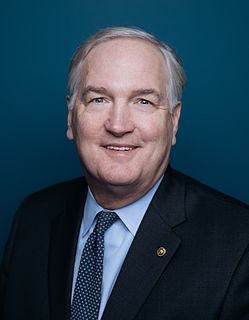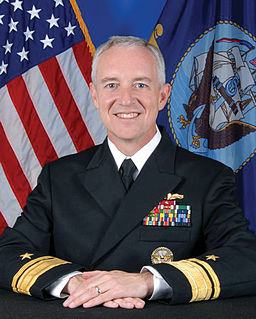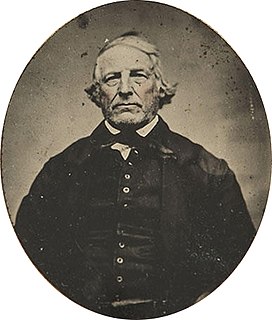Top 1200 Environmental Sustainability Quotes & Sayings - Page 13
Explore popular Environmental Sustainability quotes.
Last updated on November 15, 2024.
[If] we can celebrate that in a way that celebrates our love for New England as well as our love for the Italian culture as well as the American culture, then we've done something that's really good and supporting these fishermen who are doing the right thing in sustainability . . . paying attention to make sure we don't overfish our world.
What made traditional economies so radically different and so very fundamentally dangerous to Western economies were the traditional principles of prosperity of Creation versus scarcity of resources, of sharing and distribution versus accumulation and greed, of kinship usage rights versus individual exclusive ownership rights, and of sustainability versus growth.
Genuine leadership is inherently moral. So the values chosen matter tremendously, and they must be values aligned with society (including the most universal statement of human values in history, the Universal Declaration of Human Rights, as well as clear values of sustainability evidenced in global declarations like the Stockholm and Rio Declarations.
People of conscience in our leadership in Washington have been scared off by the right and the fossil fuel lobbies. They won't even use the term "sustainability" or "climate change" in an energy bill, which is ludicrous on its face. It completely ignores the elephant in the room that we're all dealing with. The average American doesn't even believe climate change is real, they think it's all a hoax.

























































